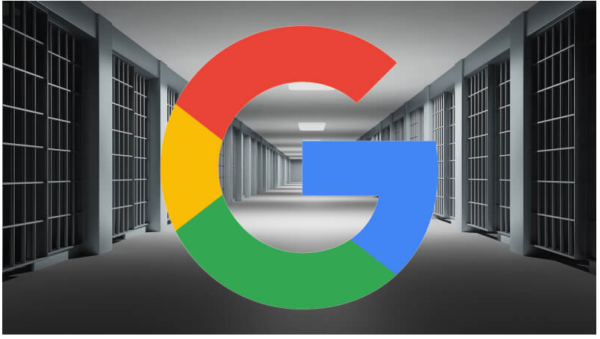In this digital age, having a well-maintained website is crucial for businesses and individuals alike. Just like any other asset, your website requires regular maintenance to ensure its functionality, security, and overall performance. Many website owners often overlook the importance of ongoing maintenance, which can lead to various issues like slow loading times, security vulnerabilities, and outdated content. In this blog post, we will delve deeper into the significance of website maintenance and discuss the best practices to keep your online presence sharp and secure.
Why is Website Maintenance Important?
1. Enhances User Experience: A well-maintained website provides a seamless experience for visitors, making it easy for them to navigate, find information, and engage with your content.
2. Improves Search Engine Optimization (SEO): Regularly updating your website with fresh content, fixing broken links, and optimizing images can improve your search engine rankings, driving more organic traffic to your site.
3. Ensures Security: Regular software updates, security patches, and monitoring can help prevent security breaches and protect sensitive data from cyber threats.
4. Boosts Performance: Routine maintenance tasks like optimizing images, cleaning up databases, and removing unnecessary plugins can improve your website’s speed and performance.
Best Practices for Website Maintenance
1. Backup Your Website Regularly: Create a backup of your website files and database on a regular basis to prevent data loss in case of accidental errors or security breaches.
2. Update Software and Plugins: Keep your CMS platform, themes, and plugins up to date to ensure that your website remains secure and functions properly.
3. Monitor Website Performance: Use tools like Google Analytics to monitor your website’s performance, track visitor behavior, and identify areas for improvement.
4. Test Your Website: Regularly test your website across different browsers, devices, and screen sizes to ensure that it is responsive and displays correctly.
5. Optimize for Speed: Compress images, enable browser caching, and minify CSS and JavaScript files to improve your website’s speed and loading times.
In conclusion, website maintenance is a crucial aspect of managing an online presence that cannot be overlooked. By implementing best practices and regularly monitoring and updating your website, you can ensure that it remains secure, functional, and user-friendly. Remember, a well-maintained website not only attracts more visitors but also helps in achieving your online goals effectively.

Leave a Reply
You must be logged in to post a comment.